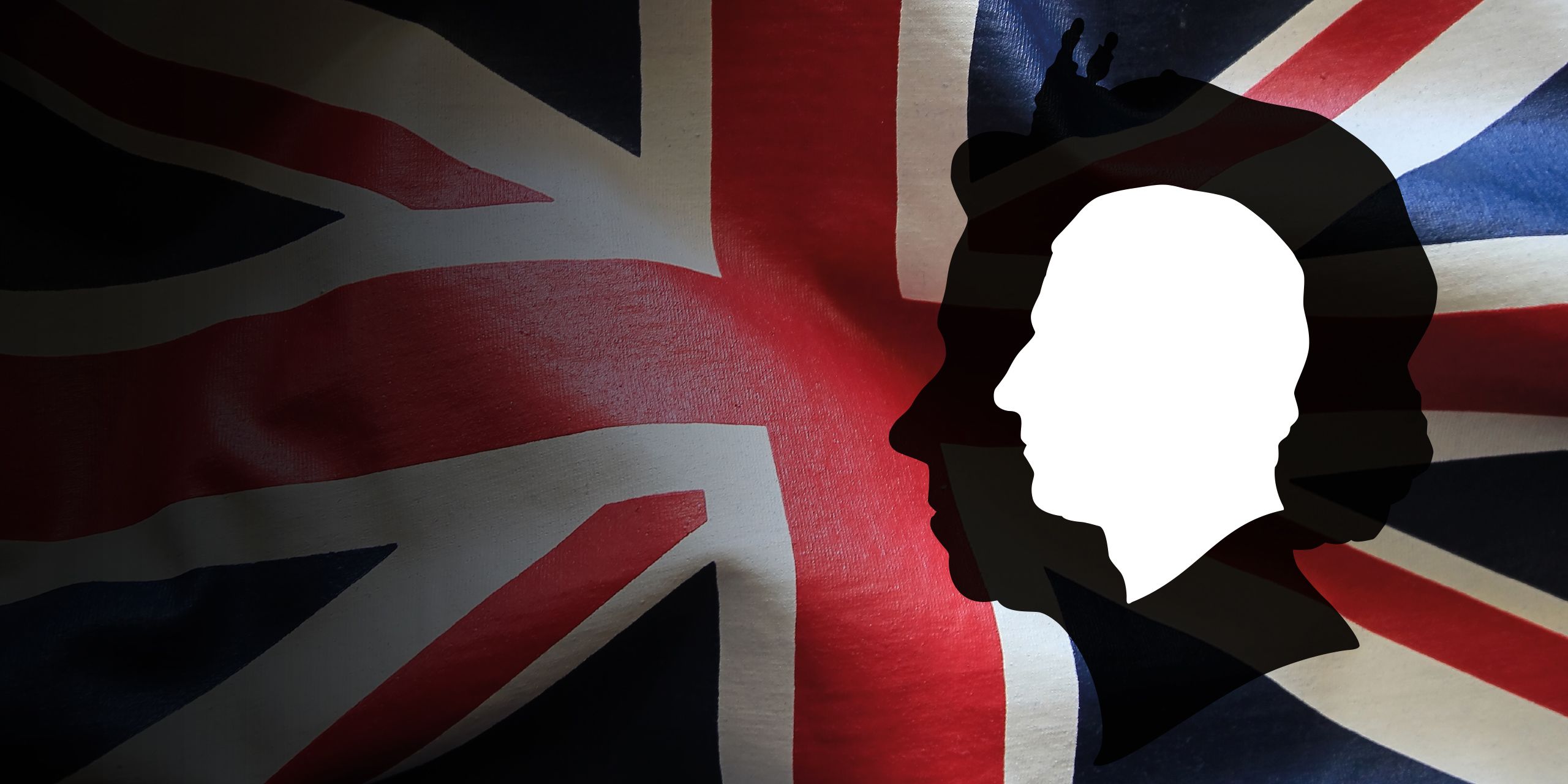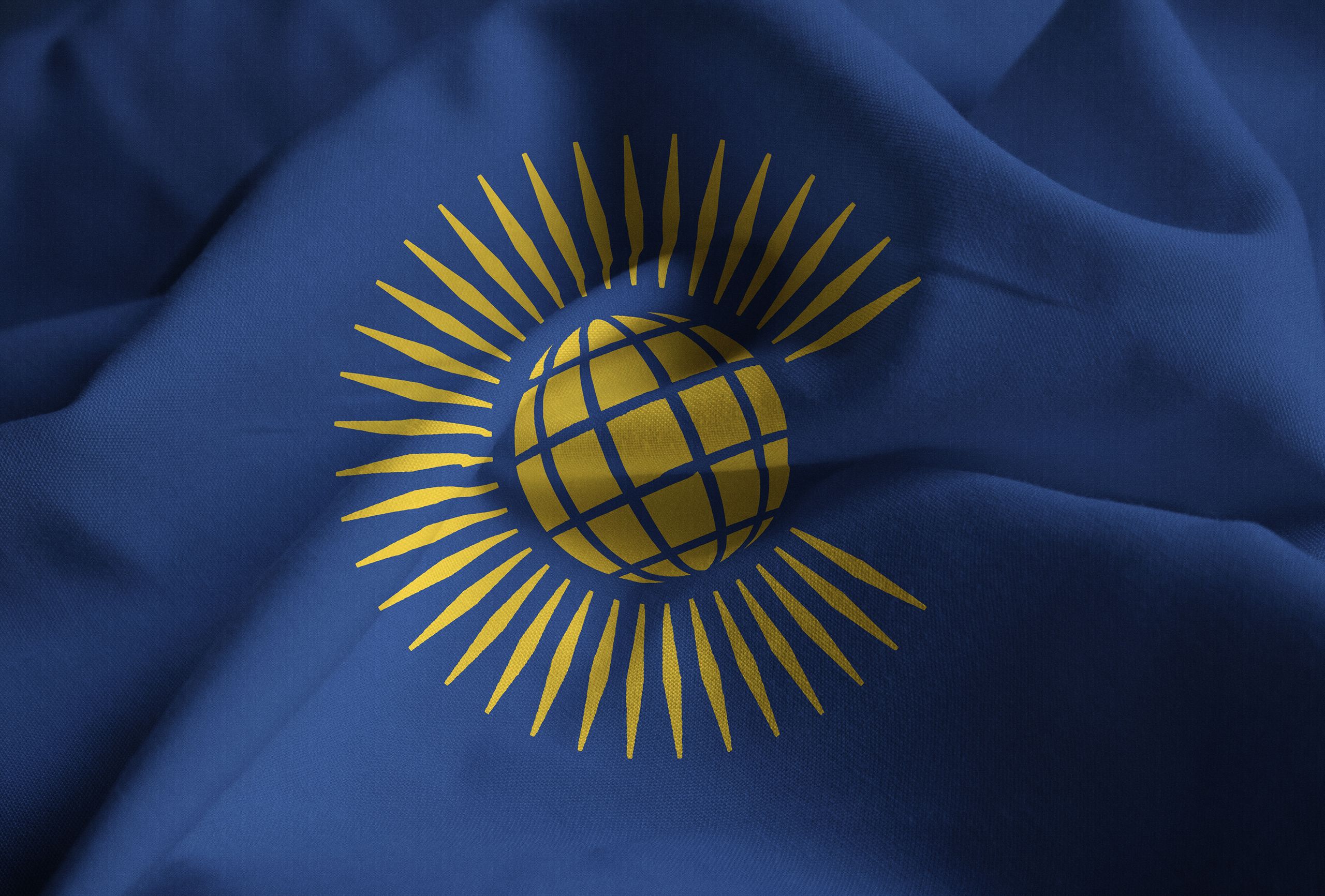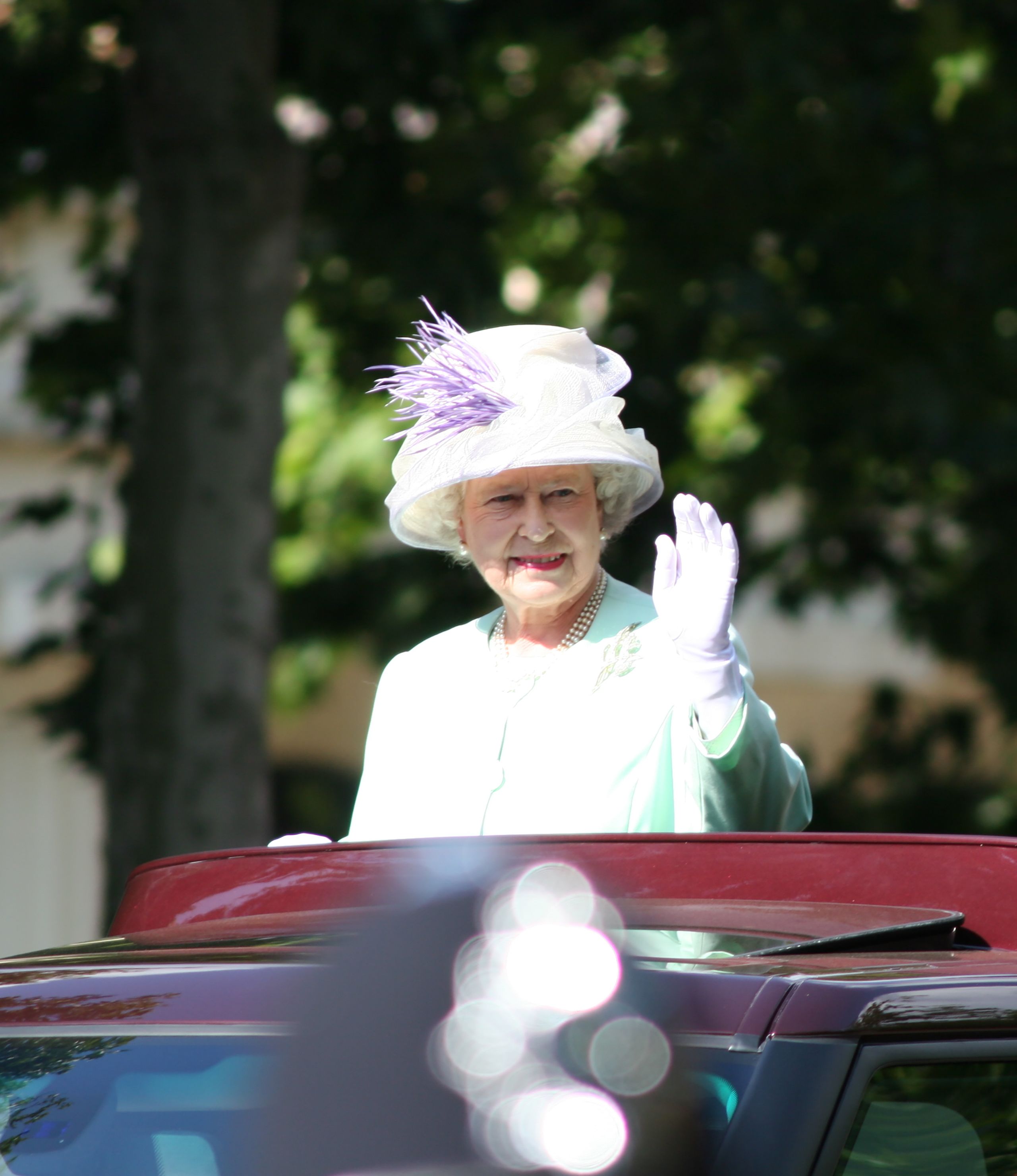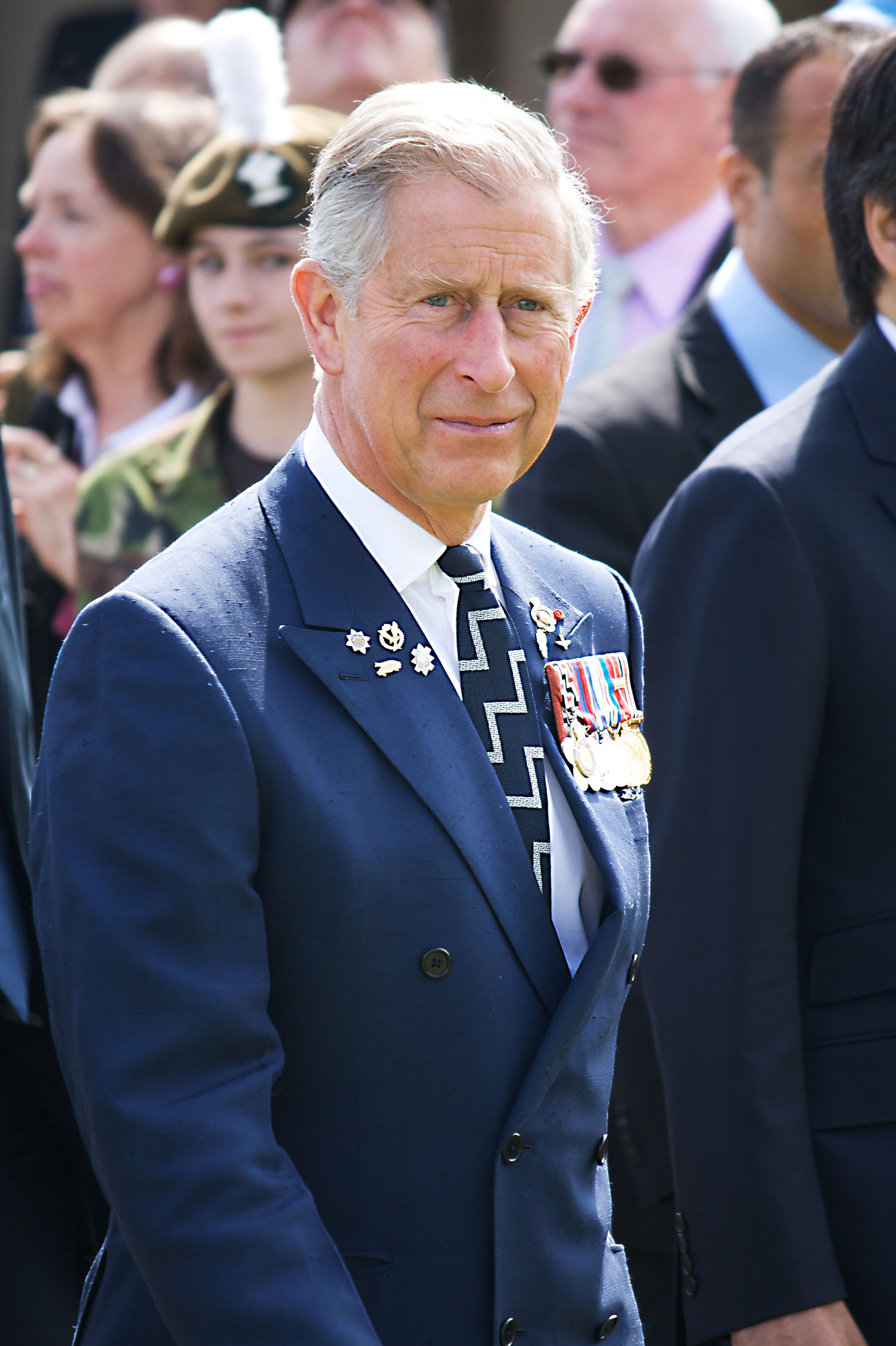ELIZABETHAN DIPLOMACY
James Landale, diplomatic correspondent, BBC News, discusses the life of Queen Elizabeth II as a walking talking instrument of soft power, and the tasks that lie ahead for King Charles III

When the Queen died, the tributes were long, effusive and heartfelt. But one notion stood out. “She was the nation’s greatest diplomat,” Prime Minister, Liz Truss, told MPs. “Her visits to post-apartheid South Africa and to the Republic of Ireland showed a unique ability to transcend difference and heal division.” The former Prime Minister, Boris Johnson, went further, describing her as “the greatest statesman and diplomat of all”.
But what does that mean? What kind of diplomat was she? The first and most obvious answer is to point to the Commonwealth. It is often forgotten that the Queen’s famous promise in Cape Town in 1947 – “I declare before you all that my whole life, be it long or short, shall be devoted to your service” – was followed thus: “…and the service of our great imperial family to which we all belong.” In future years that meant the Commonwealth of Nations. The Queen was present at its birth and made it her life’s work to help it grow and develop. As such, the Commonwealth was perhaps one of the Queen’s greatest achievements. She gave the organisation life and continuity, she sprinkled it with stardust, and held it together when differences threatened to tear it apart. And crucially, she made the Commonwealth relevant by ensuring it transcended day to day politics while still engaging with the biggest issues of the day.
Take, for example, the crisis over Rhodesia in 1979. The former British colony had unilaterally declared its independence, the white minority clinging to power to try to prevent black majority rule. There was a crucial meeting of Commonwealth heads of government in Lusaka, the capital of Zambia. The Queen – who attended the meeting against the advice of her security advisers – knew all the key players well. The newly elected British prime minister, Margaret Thatcher, did not. The Queen played a key role in calming tempers, fostering a mood of optimism and reconciliation, without ever lobbying for any particular political solution.
She was better informed that perhaps anyone else in the world, the only person in the modern era ever to have read secret intelligence assessments every week for 70 years

But the Commonwealth these days is not perhaps what it could be. It has lacked leadership and struggled to define its role in the twenty-first century. Its members have at times been divided by geography, wealth and values. It has struggled to be a powerful geopolitical player.
So where else then might the Queen have made her diplomacy felt? Liz Truss pointed to her visit to Ireland in 2011. This was the first time a British monarch had been to Ireland for 100 years. The visit – and her historic handshake with the former IRA commander, Martin McGuinness – was seen as a huge step forward not just in normalising relations but also in promoting reconciliation.
The former Conservative leader, William Hague, wrote in The Times: “The United Kingdom benefits greatly from the power of a respected monarchy to elevate a commitment to the highest level, to give the strongest possible seal of approval to the work of others, to show beyond doubt that a dispute is over, or a friendship renewed — and that was what we were seeing in Ireland that day.”
This was a classic example of Elizabethan diplomacy. She did not lobby, she did not advocate, she just shook a hand. The Queen never made a speech arguing against Scotland’s independence but when she said “I hope people will think very carefully about the future” before the referendum in 2014, everyone knew what she meant. And she never argued for women to have the right to drive in Saudi Arabia but reportedly took great joy in driving Saudi Crown Princes fast around Balmoral in her Land Rover.
The Queen used her actions and her presence to make a point. And boy did she make her presence felt during her 70 years on the throne. She was possibly the most travelled monarch in global history, visiting more than a hundred countries, many of them on multiple occasions. She knew scores of world leaders and many of the offspring who succeeded them. She was better informed that perhaps anyone else in the world, the only person in the modern era ever to have read secret intelligence assessments every week for 70 years. That age, that experience, that knowledge meant the Queen had the authority and credibility to convene the right people and ask the right questions. She was a walking talking instrument of soft power.
To many, the Queen was thus an embodiment of British values, whose place on the world stage told the world a story about what it was to be British. To others, particularly in former British colonies, the Queen represented something different, an echo of Britain’s imperial past that had for them more negative connotations. That debate will continue but it will be one shaped now by the global outpouring of respect shown to the memory of the Queen in recent days.

It may be that the death of his mother acts as a catalyst to provoke a debate about Britain’s place in the world, when people discuss and decide what “global Britain” actually means.
So what now? What does the death of the Queen mean for British diplomacy? Perhaps the real significance is a further loss of what foreign governments used to value in the United Kingdom – a kind of dependable stability on the international stage. The Queen reflected some of that constancy, a sense that whatever else was going on in the world, allies could rely on the UK as a solid partner, a stable constitutional monarchy that would never rock the boat. Of course, that reputation was jolted by Brexit. The loss of the Queen – along with continued speculation about the union – might add to that sense of uncertainty about Britain’s future.
The King, of course, is there, he too has long experience on the world stage, he is a known figure, particularly in the Commonwealth where he has stood in for the Queen for some years. And it may be that the death of his mother acts as a catalyst to provoke a debate about Britain’s place in the world, when people discuss and decide what “global Britain” actually means. Could this finally be the moment when the UK steps out of the shadow of World War Two and its post-imperial uncertainty and begins to reassess its role as a middle sized, transatlantic, European power with unique linguistic, cultural and scientific strengths? Maybe, but it might be sensible not to hope for too much.
The King’s real challenge is instead perhaps more straightforward and more fundamental. Maybe his task is simply to show the value of a constitutional monarchy in a modern age. That there is huge benefit in having a neutral, unpolitical space in a democratic polity, where divisions over policy and identity are put to one side. That, perhaps, was what many around the world envied most in the Queen and the British royal family. Not the pomp and the ceremony, but her unbending, impartial presence throughout all the crises of the post-war era. That constancy and continuity, one could argue, has even greater value now when politics is so discordant. The task of King Charles III is to continue to provide it.

